Description
Editor: John W. Bowker
ISBN: 978-0-9780431-9-3
Dimensions: 5.9 x 8.9″
Number of Pages: 355
Synopsis: Religions are involved in many long-running conflicts around the world from the Balkans and the Middle East to Kashmir and Sri Lanka. All that is well-known. Not so well-known are the resources that religions can bring, specifically and uniquely, to the process of peace and reconciliation after conflict. This book looks in detail at the ways in which the search for reconciliation is an obligation, even a command, in particular religions.
Religions understand reconciliation very differently, and those differences are made clear in this book. But the quest for reconciliation, however differently it is understood, is an obligation in religions that should be much better understood and employed by those who seek peace in the world.
Contributors to Conflict & Reconciliation:
Andrew Acland – an author, trainer, consultant and practitioner in mediation, conflict resolution, consensus-building and stakeholder dialogue since 1985; one of the pioneers of Alternative Dispute Resolution (ADR) in the United Kingdom. His political intervention experience includes South Africa and the Middle East.
Jeremy Brooks – a parish priest in Hertfordshire, UK, and author of A World of Prayers, a collection of children’s prayers from across the world and a number of forthcoming collections of children’s prayers, drawn from different faith traditions.
Lavinia Cohn-Sherbok – religious scholar and author of numerous books including Who’s Who in Christianity (Routledge) and A History of Jewish Civilization (Bison Books).
Gavin Flood – academic Director of the Oxford Centre for Hindu Studies. Previously he was head of department and Professor of Religious Studies at the University of Stirling.
Mary Grey – an ecofeminist liberation theologian, and until recently D.J. James Professor of Pastoral Theology at the University of Wales, Lampeter and formerly Professor of Contemporary Theology at the University of Southampton, based at La Sainte Union (1993-7).
Peter Harvey – author of An Introduction to Buddhism: Teachings, History and Practices (Cambridge University Press, 1990), An Introduction to Buddhist Ethics: Foundations, Values and Issues (Cambridge University Press, 2000) and The Selfless Mind: Personality, Consciousness and Nirvana in Early Buddhism (Curzon, 1995).
Christopher Lamb – well known lecturer on Buddhism, Islam, Christianity, Judaism and Hinduism. He has focused within each domain on conflict issues, including: sati, female and male circumcision, religiously-inspired homophobia, abortion, gender inequality, persecution of non-believers, religious privilege and the religious indoctrination of children.
David Thomas – Author of numerous books and professor of Christianity and Islam, with MA degrees from the Universities of Oxford and Cambridge, and a PhD in Islamic Studies from the University of Lancaster.
Xinzhong Yao – Professor of Religion and Ethics, and Director of the Centre for Chinese Studies at University of Wales, Lampeter, UK. His publications include Wisdom in Early Confucian and Israelite Traditions (Ashgate, 2006) and Encyclopedia of Confucianism (ed., Routledge, 2003).

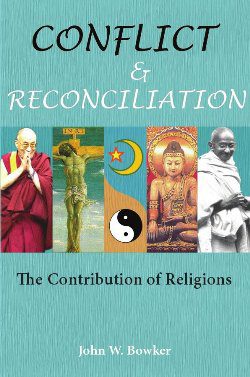
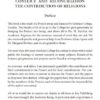
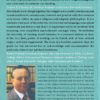
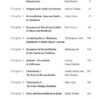
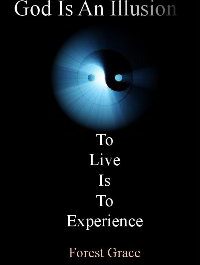

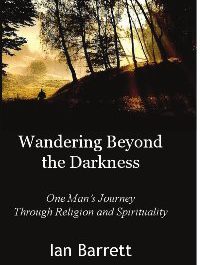

Francis X. Clooney –
“Conflict and Reconciliation admirably draws on wide-ranging scholarly expertise for the most important and practical goal of uncovering how our various religious traditions can most directly and deeply serve the work of peace. It will engage and challenge readers who want to
do what is practical, yet with full awareness of how religions diagnose our crisis and recommend our healing.”
-Francis X. Clooney, SJ, Parkman Professor of Divinity, Harvard University.
Rabbi Professor Jonathan Magonet –
“This timely book brings together the insights into conflict resolution and transformation of contemporary research and practise with the resources to be found within the major religions and religious philosophies. It is a reminder that each of the latter has its own internal language, conceptual framework and history and that it is important not to be satisfied with assuming over-simplified equivalencies amongst them. Nevertheless the necessity of creating social harmony is a common feature, so that, at the very least, points of meeting can be found, and, at best, mutual
respect and trust engendered. The book is a forcible reminder that the quest for the universal has to acknowledge and accommodate the particularities of our spiritual traditions.”
-Rabbi Professor Jonathan Magonet, Emeritus Professor of Bible, Leo Baeck College. Editor of the journal European Judaism. Author of Talking to the Other: Jewish Interfaith Dialogue with Christians and Muslims.